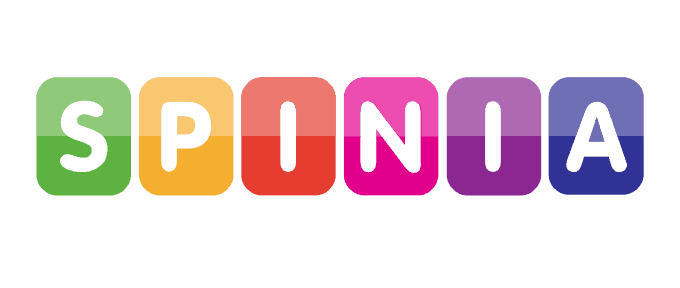Canada’s Single-game sports betting is just around the corner

Canada’s indecision about single-event sports betting in the country is finally coming to an end as members of the Federal government’s ruling party approved a new wagering bill. So single-event sports betting is back on the table for Canadians. The government of Canada proposed a single-event sports betting regulation in November 2020 after the Federal Minister of Justice, David Lametti made an announcement. Each of the territorial and provincial governments in Canada will be granted the opportunity to manage and conduct single-event sports betting in their various states. This legislation will create a new opportunity for betting on single-event sports in a regulated and legal condition, through both physical and online casinos in Canada.
Advocacy groups and stakeholders of gaming have, since 2011, fought hard to ensure that the banning of single-event sports betting as illegal is uplifted, and results of this endeavor began to materialize in 2015. Even in the United States, the same efforts were made to decriminalize single-event sports betting and it was successful. As the US Supreme Courts reversed the Professional and Amateur Sports Protection Act in May of 2018. This paved the way for single-event sports betting out of Nevada. Within a year after the Supreme Court’s PASPA ruling, there was a 65% to $430 million increase in the revenue of the sports betting industry. This rise, nevertheless, was not felt by the gaming operators or the government of Canada.
The Current Regulatory Framework
According to the Criminal Code Section 207(4)(b), single-event sports betting is illegal in Canada. Members of the Canadian have made several attempts since 2011 in an attempt to overturn this law at the House of Commons, but their efforts were met with no success. Notwithstanding, new proposals were made on November 26th, 2020, to revise the provision of the Criminal Code, which was brought before the House in a C-13 Bill. The best Bitcoin casinos in Canada are very bullish about the future of the industry especially with regards to single-event sports betting and how this will increase revenue.
The Proposed Revision And Its Significance
Bill C-13, just like the previous Bill that was tabled by members of parliament proposed that the previous ban against the territorial and provincial governments managing and performing single-event sports betting be lifted. There are several reasons for this, however, this is surely an attempt to ensure that the gaming market is competitive, and also to erode the increasing “grey-market” and boost revenue for single-event sports betting in the country. Almost about $10 billion is currently wagered every year in Canada through the single-event sports betting activities of the “grey market”. These figures drastically affected the $500 million for the parlay, or multi-event sports betting, and sports lotteries wagered annually in Canada. Although Bill C-13 is the third of its kind proposed by members of parliament to uplift the single-event sports betting operations in Canada, the increase in sports betting revenue in the US after PASPA and the effects of the COVID-19 pandemic that promoted the activities of online betting, made Bill’s advocates optimistic. Despite that, some of them have aimed for a serious rethinking of the provisions of the Criminal Code with regards to gaming in Canada. The Bill proposed that the territorial and provincial governments of Canada should continue to be central in operating single-event sports betting.
With the lifting of the prohibition of single-event sports betting in Canada through Bill C-13, the country is presented with an opportunity for huge revenuer Bothe territorial and provincial governments throughout Canada. Using the US as an example, although the approach for both countries will be different, state administrations gathered a total of $10.2 billion in tax revenue from gaming in 2019, which was almost $ 1 billion more than tax revenue from 2017 during the PASPA restriction.
Lastly, Bill C-13 will be the first case in Canada where the reversal of the ban on single-event sports betting is proposed through a government bill, and not through a private members’ bill like the previous one. This differentiation is very important because a government bill must be passed by a parliamentary secretary or by a minister. In this situation, Bill C-13 is passed by David Lametti, Canada’s Minister of Justice, implying that the proposed reform has a high level of support from the government, thus, strengthening the chance of it becoming new law.
Next Moves
Although this Bill’s introduction to the House of Commons shows that an important first step in reversing the Criminal Code’s Section 207(4)(b), there is still a lot to be done by the Canadian administration to ensure that the bill is enforced. The bill is required to go through more study as time goes by, a review will be done by the committee and then another reading will be done the third time, after which the bill will possibly be passed by the Senate and the House of Commons of Canada. Nevertheless, since the parliament already has many provincial members that are in support of Bill C-13, the house will face little opposition.


































Comments (0 comment(s))